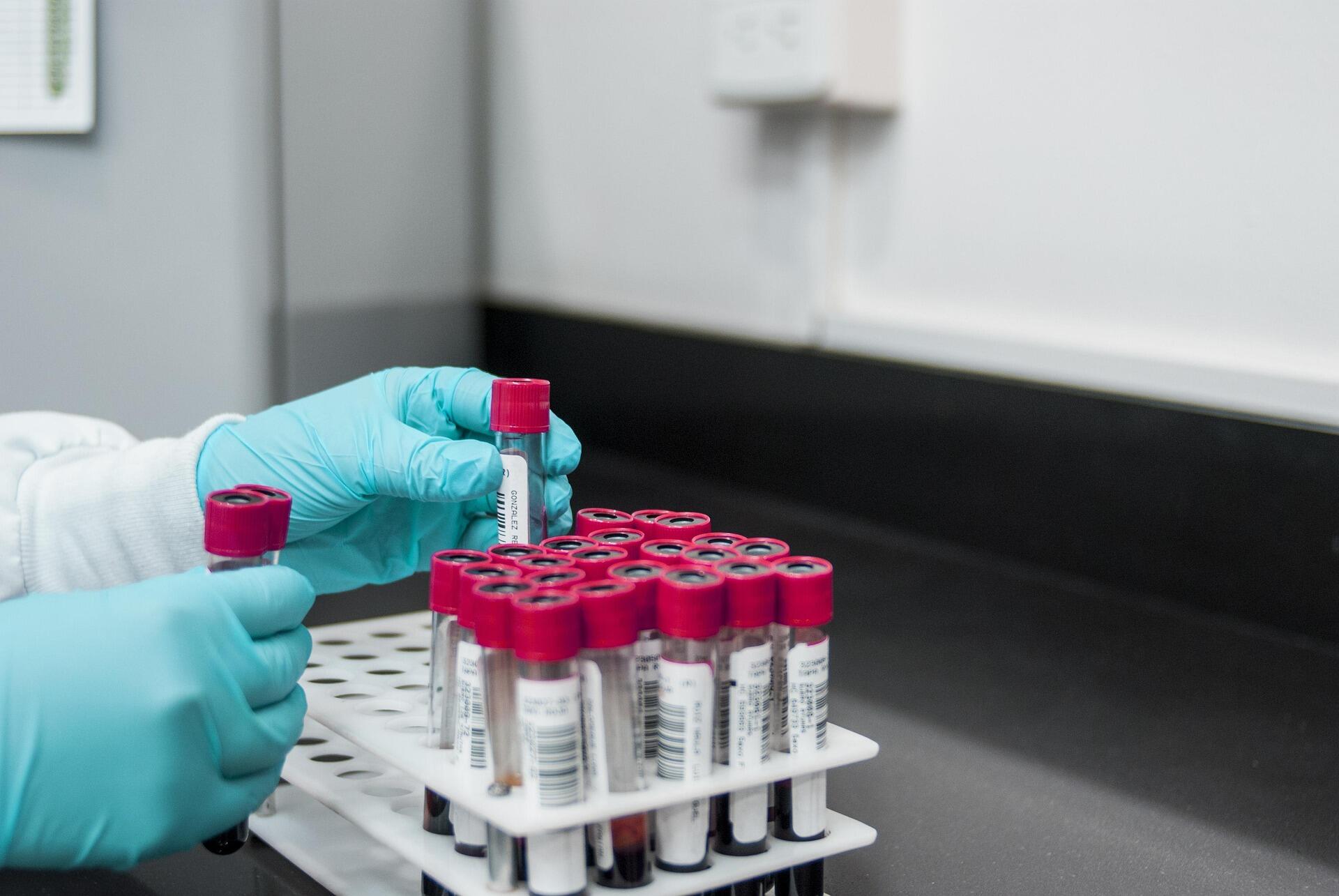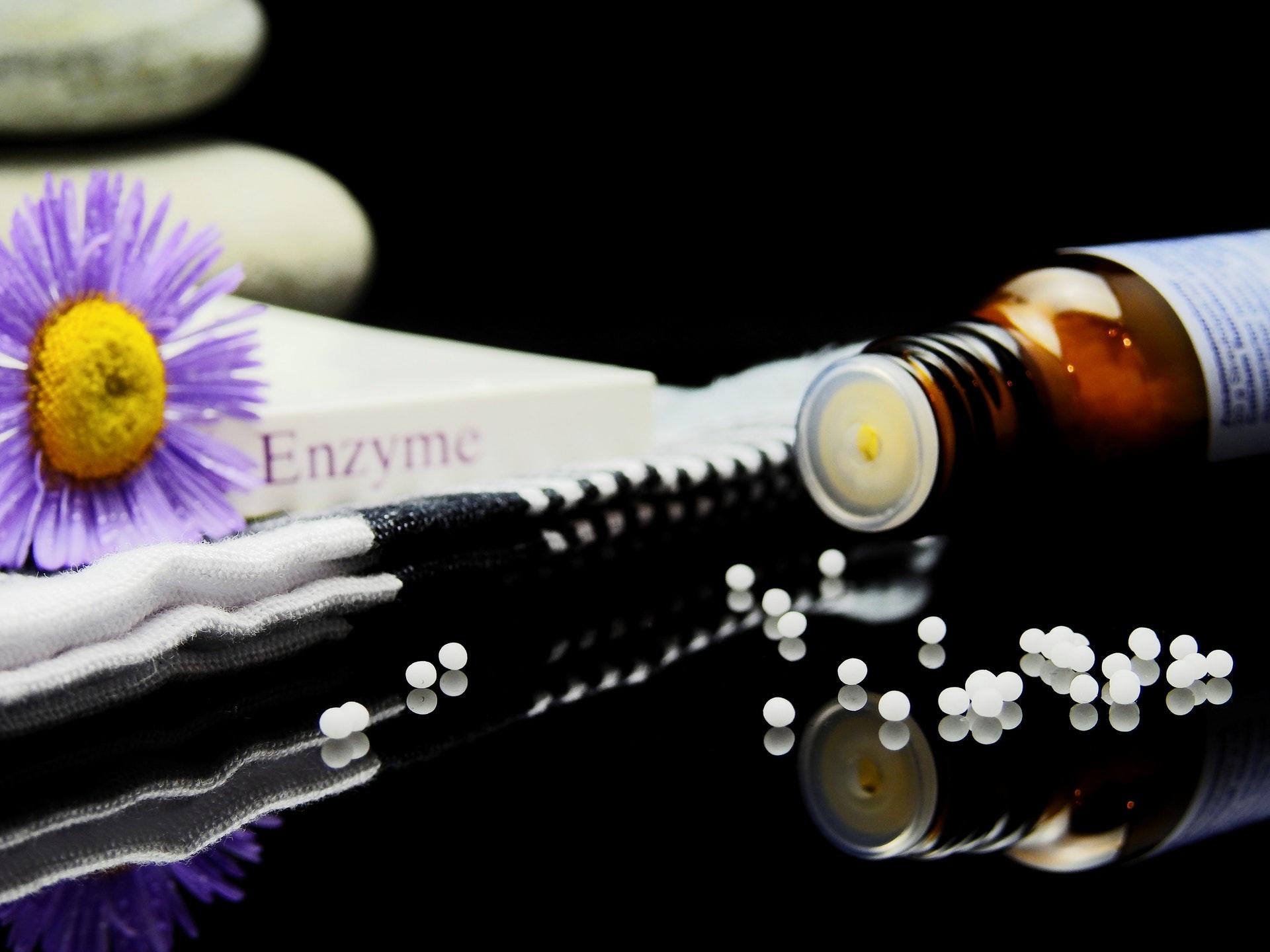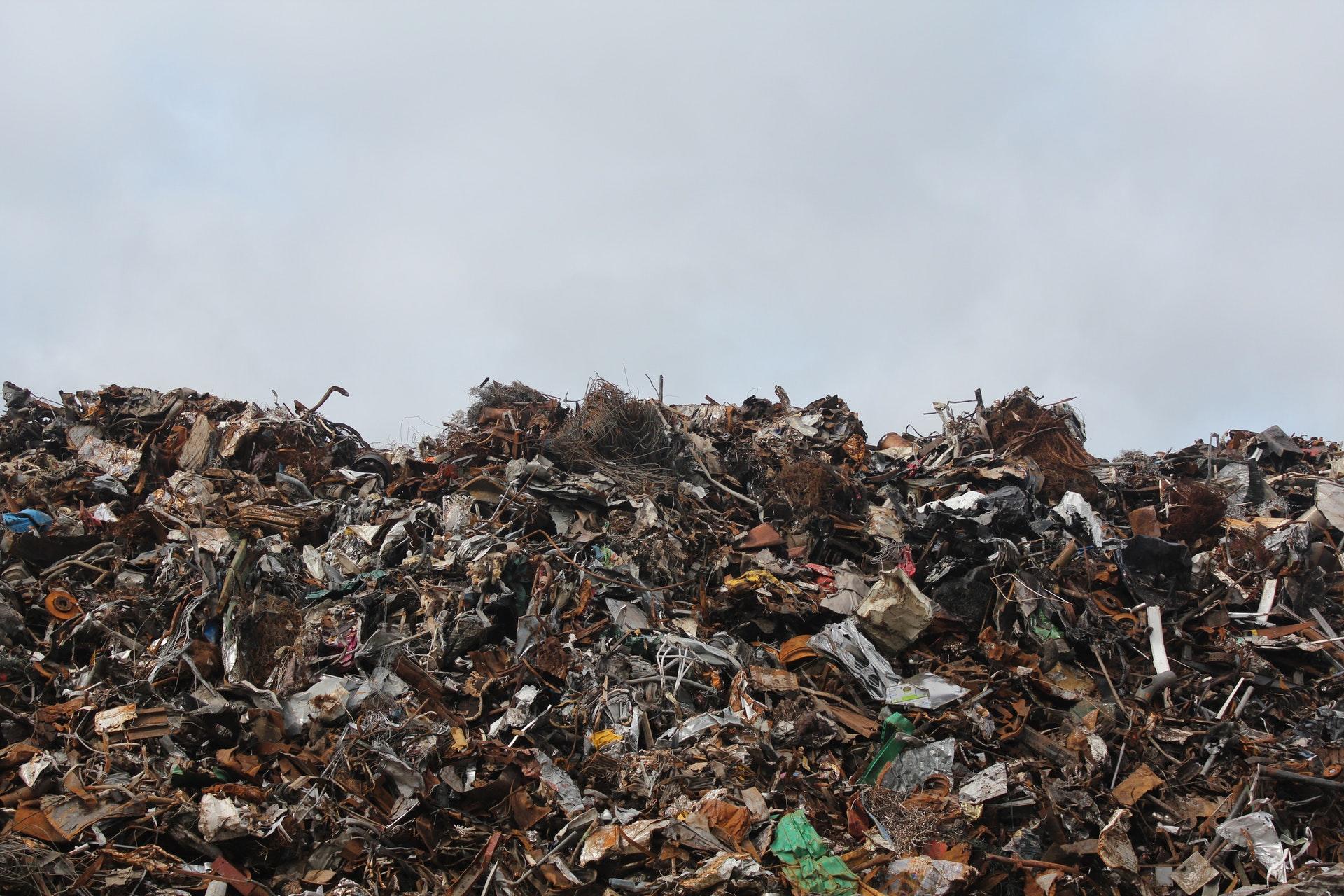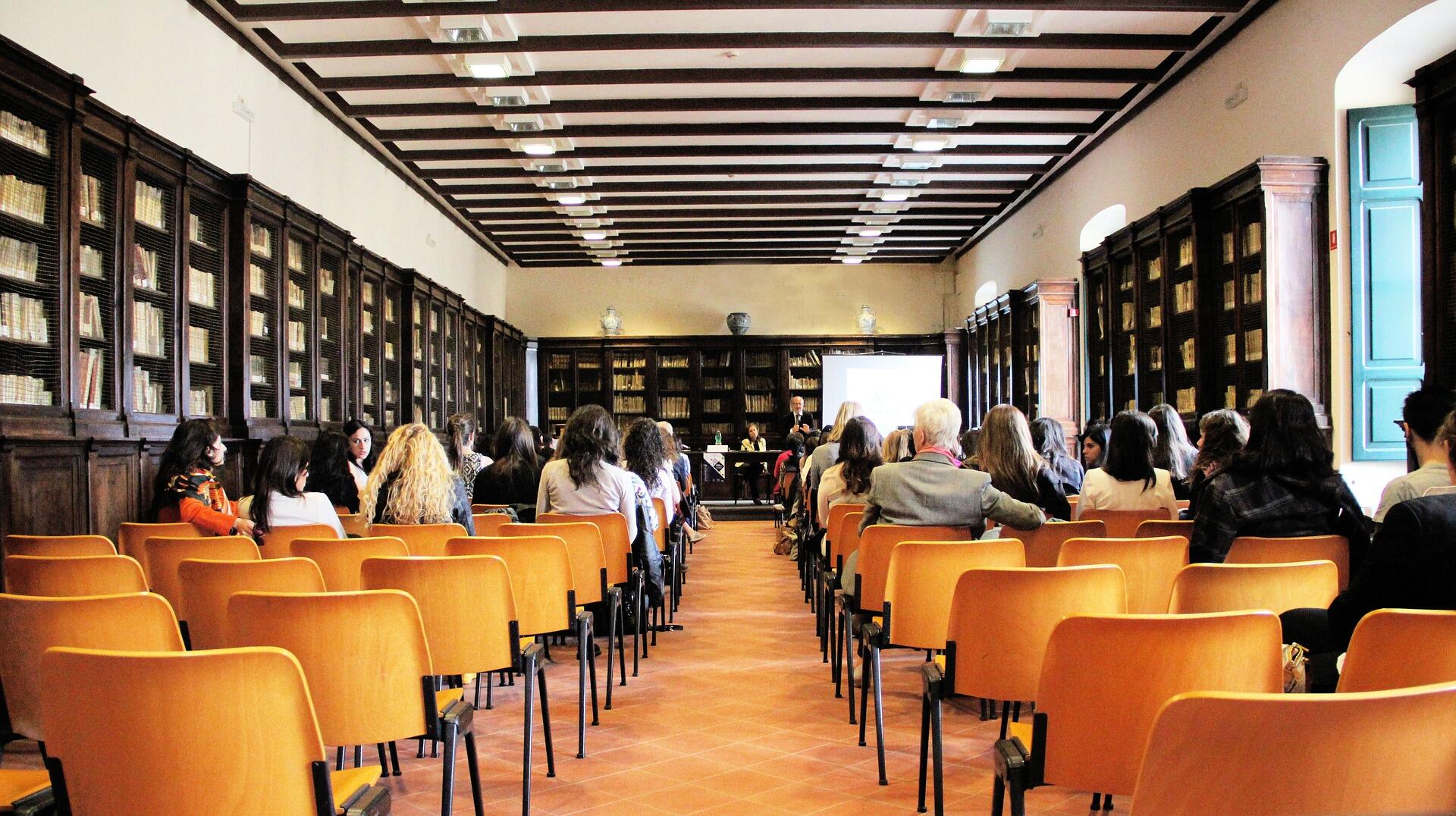Today, students are under a lot of academic pressure, and things have become very competitive in recent years. In this climate, more and more parents are turning to private tuition to help their child achieve academic success and make it to their dream university.
Whether you are preparing for JC chemistry, H2 chemistry or A-level chemistry, you would need a tutor to tackle this difficult subject. The demand for tutors has therefore surged.
But as the private education industry grew, so have the prices for hourly tuition. Many private tutoring centres and tutoring services have sprung up in recent years, where you can find thousands of private tutors in a matter of seconds by searching online. But with a huge difference in hourly rates, it might be hard to understand how much you should really be paying your private chemistry tutor in Singapore.
"Education is the passport to the future, for tomorrow belongs to those who prepare for it today."
- Malcolm X, American Muslim minister and human rights activist.
In this article, we will look at the different options you may choose from when it comes to taking lessons in chemistry.

Why Study Chemistry In The First Place?
First of all, let us understand why we should study chemistry in the first place. The thing is, chemistry isn't the boring subject many people think it is. No, you won't have to learn the periodic table of elements by heart or draw every molecule in the world. Chemistry is actually a fun subject that many students enjoy for its hands-on approach.
Unlike more difficult science subjects such as maths or physics, chemistry requires a lot of experimental practice, making this subject very easy to comprehend, as the results of a reaction can often be observed and measured live.

Basic chemistry experiments often consist of measuring chemical concentrations in solution using pH indicators, extracting aromas through distillation from fruit peels or identifying chemicals through chromatography.
It is also a great career path. At the start of their career, young chemical engineers reportedly earn a salary in the range of 4000 to 6000 SGD per month, with the actual figure varying from company to company.
And even if you do not pursue a career in chemistry, it will still come in handy for your everyday life; after all, cooking is a combination of chemical reactions that we use to make delicious food, and food labels are nothing but long lists of chemicals. Even the tags of our clothing refer to chemical compounds.
Understanding chemistry and its implications in our everyday life will make you much more aware of what you eat, breathe and wear.

What is H2 Chemistry?
H2 chemistry is one of the main entry criteria for students entering science junior college (JC) in Singapore. It is not only a core component of the science curriculum but also an essential prerequisite for students opting for professional courses such as medicine, dentistry, and pharmacy. As such, performing well in H2 chemistry is necessary to get admission in these courses.
Broadly, H2 covers the following topics:
- Organic and Inorganic Chemistry
- Chemical Bonding
- Chemical Equilibrium
- Periodic Table
- Reaction Kinetics
- Polymers
- Thermodynamics
- Electrochemistry
"Chemistry is necessarily an experimental science: its conclusions are drawn from data, and its principles supported by evidence from facts."
- Michael Faraday, a British scientist famous for his contribution to the study of electromagnetism and electrochemistry.
Courses that need an H2 chemistry pass are:
| NTU | NUS |
|---|---|
| Civil Engineering | Dentistry |
| Computer Engineering | Food Science and Technology |
| Computer Science | Nursing |
| Bio engineering | Medicine |
| Biomedical Sciences and Medicine | Pharmacy |
Why You Need Tuitions for H2 Chemistry and A-level Chemistry
H2 chemistry, or for that matter, A-level chemistry, is equally tough and demanding. Both introduce a lot of complex topics that require the help of an experienced tutor who can guide students through the complexities of the subject. For instance, in organic chemistry, students have to remember too many reactions, while topics like stoichiometry require strong mathematical skills.
The problems are:
- Students need to have a strong conceptual understanding of topics
- There is a steep learning curve to be covered
- The syllabus is extensive and requires you to dedicate a lot of time
- You need to have good study habits
- School teachers move rapidly, leading to gaps in understanding concepts
- Students require strong mathematical skills for certain sections
- Organic chemistry requires a lot of memorisation

Given the complexity of the topic and the overwhelming content, it is difficult to manage everything by oneself. By taking H2 chemistry tuition classes, students will gain a deeper understanding of the difficult topics and score better grades.
Tutors will
- Teach you how to answer questions properly to score more marks
- Introduce you to higher-order questions to instil confidence
- Assign homework questions and quizzes


How Much Does Private Chemistry Tuition Cost in Singapore?
Are you looking for help with tuition for chemistry?
Tuition rates in chemistry in Singapore vary based on the teacher’s experience and the student’s grade level.
Level of Study
Secondary School
Junior College (JC)
A Levels
IB/International Curriculum
Rates
$30 to $65 per hour
$40 to $90+ per hour
$40 to $90+ per hour
$40 to $90+ per hour
Look at all the jobs you could do with a degree in chemistry.
Factors That Affect Tuition Cost
Several factors can influence your choice of a tutor in Singapore. They are:
Tutor's qualifications: Tutors charge different rates. Experienced and qualified tutors will charge higher rates.
Level of study: If students are pursuing higher-level studies like A levels or H2, then tuition rates will be generally more expensive.
Individual vs. group lessons: If you opt for private one-on-one tuition, they are going to be more expensive than if you opt for group lessons.
Tuition centre: Reputable tuition centres are going to charge higher group rates compared to individual tutors.
With the cost of home tuition going up, what students can do is share a tutor with another student. A classmate may also need some extra chemistry studying time, and if that is the case, why not share a tutor with them?
Splitting the bill could make it easier to give your child the extra attention they need, and with only two students, tutors are still able to provide plenty of personalised tutoring time.
"The first rule of chem lab is to never heat a closed system, or it will explode.”
― Weike Wang, Chinese-American author, winner of the 2018 PEN/Hemingway Award.
While this might be great for parents who may not necessarily have a lot of disposable income, you also have to remember not to overwork your child. Sometimes less is best, and some students might just need a little bit extra attention or help with homework and study, to improve their grades significantly.
In tutoring, the "one-size-fits-all" approach is probably not the best. Consulting your child's teachers and education counsellor and having an open discussion with your child is probably the best way to establish the most effective tutoring program.

Types of Tuition You Can Take
There are several types of tutoring available to suit students’ needs and budgets. They are:
One-On-One Home Tutoring Lessons
One-on-one home tutoring is extremely useful for effective learning. Unlike traditional classroom settings where the average teacher-to-student ratio is 1:30, personalised tutoring allows a teacher to cater exclusively to the particular student. This individualised attention allows the tutor can align their teaching to the students’ pace and learning needs.
The benefits of one-on-one tutoring are:
- Best for shy students
- There is less distraction
- Teachers can give detailed feedback
- Can be customised according to the students' learning pace

Online Chemistry Lessons
Another way to access more affordable chemistry private lessons is to opt for online chemistry lessons. A lot of tutors mentor students via video-call software such as Skype, which means they won't have to commute from one student's house to another. It saves tutors time, and it saves you money.
Even though spending time face-to-face with a student is still the best way to tutor, technology is quickly bridging this gap, and many interactive whiteboard software programs allow chemistry tutors to see what their pupils are doing, even if they are not with them.
On average, an online chemistry lesson should cost you about S$19 per hour, but rates vary based on the tutor’s experience and location. Advanced topics may cost more.
Find A Tutor on Superprof
Superprof's online platform lets you search for the perfect chemistry tutor with many years of teaching experience, and with thousands of registered private teachers, you are guaranteed to find a tutor that will match your prices, location and subject needs. Most importantly, on our site, you will find experienced chemistry tutors helping students get admission into a university of their choice.
Chemistry lesson starts from only $19 an hour, and you will be able to find private chemistry tutors for every chemistry exam preparation, right from GCSE level, university, all the way up to postgraduate studies. The platform features many science tutors ready to help you prepare for your exams, ace your next assignment, or just get some supplemental instruction.

You can also read the testimonials of previous students and check the qualifications of all the potential tutors near you.
Whatever the format of tutoring you choose, be it one-on-one or online, our expert tutors offer specialised guidance through a structured learning programme at Superprof. They provide personalised support, ensuring you understand the concepts thoroughly.
Your turn to educate us: as a Chemistry graduate, what does the future look like to you?
Summarise with AI:















